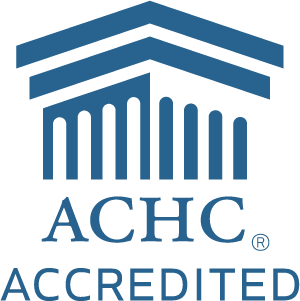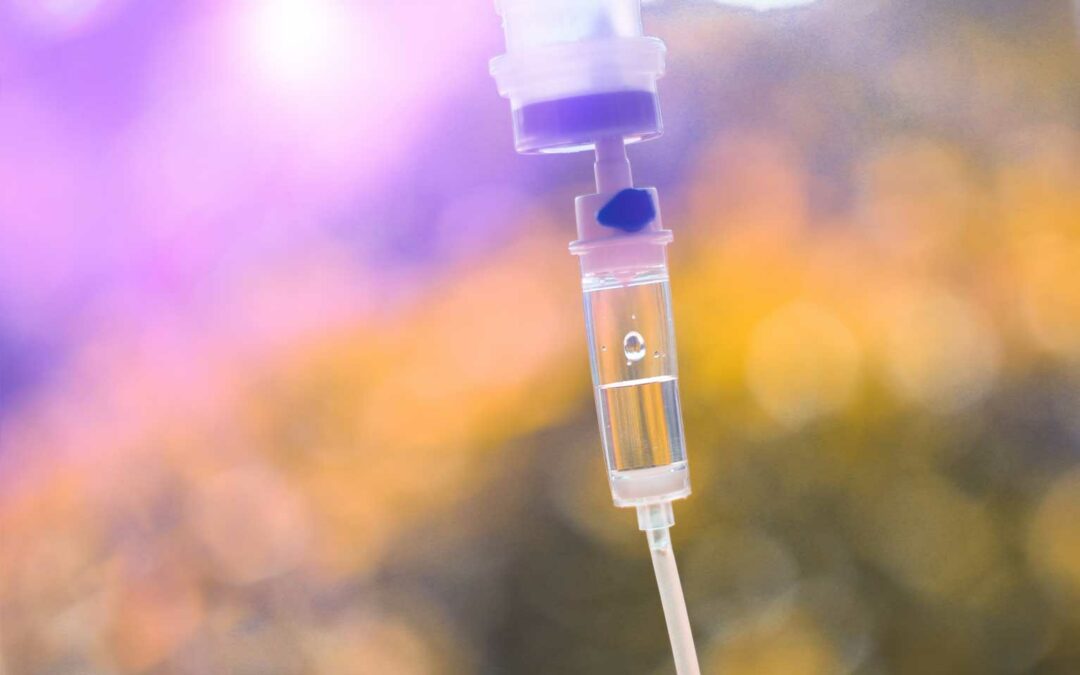Living with a chronic illness often means regular medical treatments, including infusions, which can significantly impact the quality of life and overall health. Among the various precautions to take before an infusion, maintaining good hygiene and thorough hand washing are paramount. These practices are crucial in preventing infections and ensuring that the treatment process is as safe and effective as possible. In this blog post, we’ll dive into why good hygiene and hand washing are essential before an infusion, particularly for individuals with chronic illnesses, and provide practical tips on how to incorporate these practices into your routine.
Understanding Infusions and Their Importance in Chronic Illness Management
Infusions are a common treatment for many chronic illnesses, such as rheumatoid arthritis, multiple sclerosis, and hemophilia. These treatments involve administering medication directly into the bloodstream, ensuring rapid and effective absorption. While infusions can be life-changing, they also carry the risk of infections if proper hygiene practices are not followed. The introduction of bacteria or viruses during the infusion process can lead to severe complications, making hygiene a critical aspect of pre-infusion preparation.
The Risk of Infections During Infusions
Infections during infusions can arise from various sources, including the environment, the healthcare provider, or the patient. For individuals with chronic illnesses, who may already have compromised immune systems, the risk of infection is even higher. Common infections associated with infusions include bloodstream infections (BSIs), which can be life-threatening if not promptly addressed. The good news is that many of these infections are preventable through simple yet effective hygiene practices.
The Role of Hand Washing in Preventing Infections
Hand washing is one of the most effective ways to prevent infections. The hands are a common vehicle for transmitting pathogens, and thorough hand washing can significantly reduce the presence of harmful microorganisms. According to the Centers for Disease Control and Prevention (CDC), hand washing can prevent approximately 30% of diarrhea-related illnesses and about 20% of respiratory infections. For patients preparing for an infusion, these statistics underscore the importance of hand hygiene.
How to Properly Wash Your Hands
Proper hand washing involves more than a quick rinse under the tap. Here are the steps recommended by health experts to ensure your hands are thoroughly cleaned:
- Wet your hands with clean, running water (warm or cold), turn off the tap, and apply soap.
- Lather your hands by rubbing them together with the soap. Make sure to lather the backs of your hands, between your fingers, and under your nails.
- Scrub your hands for at least 20 seconds. Need a timer? Hum the “Happy Birthday” song from beginning to end twice.
- Rinse your hands well under clean, running water.
- Dry your hands using a clean towel or air dry them.
Using hand sanitizer with at least 60% alcohol can be a good alternative when soap and water are not available. However, it’s important to note that hand sanitizers do not eliminate all types of germs and may not be as effective when hands are visibly dirty or greasy.
Additional Hygiene Practices Before an Infusion
Beyond hand washing, other hygiene practices can further reduce the risk of infections during infusions:
1. Personal Cleanliness
Taking a shower or bath before heading to your infusion appointment can help remove any additional bacteria or viruses from your skin. Clean clothes should also be worn to reduce the risk of contamination.
2. Clean Environment
Ensure that the environment where the infusion will take place is clean. This includes wiping down surfaces with disinfectant and ensuring that any materials or equipment used during the infusion are sterile.
3. Avoiding Touching Your Face
Try to avoid touching your face, especially your eyes, nose, and mouth, before and during the infusion process. These areas are common entry points for pathogens.
4. Inform Healthcare Providers
If you have any symptoms of illness, such as a cough or fever, inform your healthcare providers before the infusion. They can take additional precautions to protect you and others from potential infections.
Educating Family and Caregivers
For individuals with chronic illnesses, family members and caregivers often play a crucial role in managing treatments. It’s essential that they also understand the importance of good hygiene and hand washing. Educate them on proper hand-washing techniques and ensure they follow these practices when assisting with infusions or other medical care.
Good hygiene and hand washing are fundamental practices that significantly reduce the risk of infections during infusions, especially for individuals with chronic illnesses. By adhering to proper hand-washing techniques and maintaining a clean environment, patients can protect themselves from potentially severe complications and ensure their treatments are as safe and effective as possible.
Remember, a few minutes spent on hygiene can make a world of difference in your health and well-being. Prioritize these practices and encourage others around you to do the same, creating a safer and healthier environment for everyone involved.
Personalized Care,
Professional Excellence
Improving Your Quality of Life Is Our Mission





